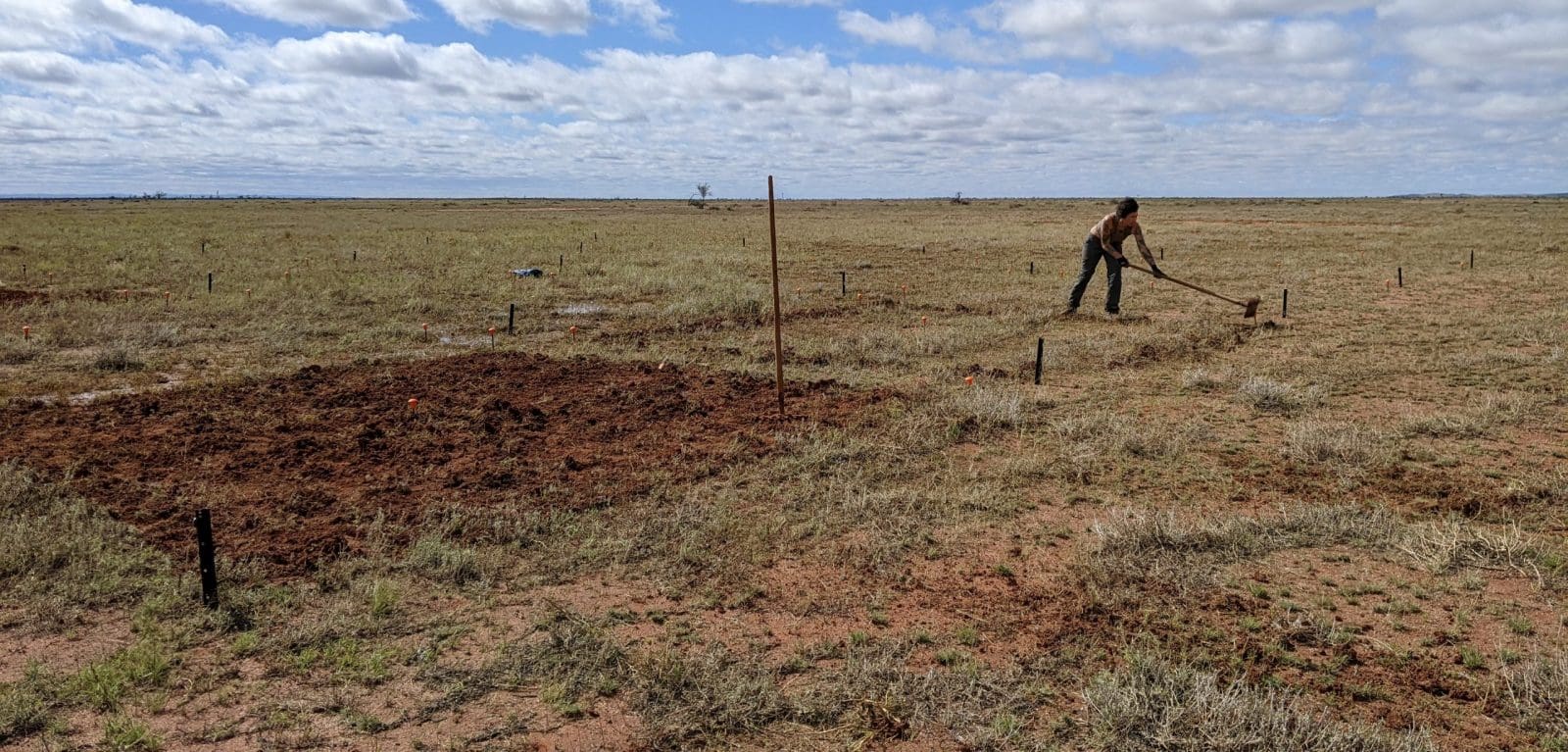
Data gathered from the UNSW Fowlers Gap Arid Zone research station of Broken Hill was part of the study. Photo: Dr Jo Atkinson
HOW unique is isolated Australia?
Does being the only island continent make us an outlier to the rest of the world in our natural features?
A wide-ranging international analysis has reported that Australia is not as weird as we think – in the natural sciences at least.
The land of the long weekend is short on uniqueness; the only things slightly special about Australian land systems are some elements within our soils and the ways our native plants conserve resources.
The study defining Australia’s ordinariness involved 27 researchers from 15 research establishments in Australia, America and Europe.
They analysed 594,612 observations spanning 85 variables describing global climate, soil, geochemistry, plants, animals, and ecosystem function to test if Australia is broadly different to the other continents, and to compare how different each continent is from the global mean.
Overall, Australia was only significantly different from the other continents in our plants’ N-fixing capacity, nitrogen concentration-per-unit leaf mass, soil pH and concentrations of sodium and strontium in our soils.
Surprisingly, when it came to climate variables, the researchers found no significant differences between our land of droughts and flooding rains with those of the global mean.
The researchers were predominantly based at UNSW Sydney.
“Although it is often stated that Australia is an unusually hot continent with low, variable rainfall, we did not find evidence for greater mean temperature, greater inter-annual variation of precipitation or higher aridity in Australia … compared to the global mean,” lead researcher Habacu Flores- Moreno said.
The hard data shows that our soils are not standouts of infertility, with only higher-than-average readings for soil sodium and strontium.
“Surprisingly, we did not find evidence that Australian soils have unusually low nitrogen or phosphorus content,” Dr Flores-Moreno said.
“However, our other results are broadly consistent with the known abundance of ancient and weathered soils in the arid interior of the country, where infertile soils tend to have high pH, soil-formed carbonates are relatively common and sodic soils are ubiquitous and diverse.”
Australia was not unique in this; it shares those characteristics with Africa, the report authors added.
“Like Africa, we sit at the lower end of the spectrum for soil nitrogen and phosphorus,” they said.
“We sit at the opposite end of the global spectrum to Europe and North America for soil pH and a range of resource-conservative traits in our plants.
“We found that Australian plants have leaves that are on average more than twice as thick, with phosphorus concentrations averaging 27 percent lower and nitrogen concentrations 31pc lower than those of other continents.
“Australia also has about twice as many plant species with nitrogen-fixing capacity.”
The analyses revealed numerous similarities between Australia and Africa and highlight dissimilarities between northern and southern hemisphere continents.
“The differences between the two hemispheres might explain the common perception of Australia being unusual – partly because many of Australia’s colonists and early scientific explorers drew their baselines from Europe,” Dr Flores-Moreno said.
Even the father of evolution, Charles Darwin, thought Australia was crafted by a different Creator to the rest of the world.
He wrote in 1836: “Reflecting on the strange character of the Animals of this country as compared to the rest of the World … Surely two distinct Creators must have been [at] work…”
The modern research, however, suggests we are not a quirk of a globally unusual ecosystem.
“While Australia does have some unique and distinctive features, this is also true for each of the other continents. The data do not support the idea that Australia is an overall outlier,” Dr Flores-Moreno said.
“It could mean that overseas research findings could be relevant for Australia, and that our research could have relevance elsewhere in the world.”
The work involved biologists, mathematicians, ecologists and experts in geochemistry, environmental science, biodiversity, chemists and molecular bioscientists.
As a team, they found Australia was not weird.
The upshot? Down Under isn’t so different after all.
Grain Central: Get our free news straight to your inbox – Click here

HAVE YOUR SAY